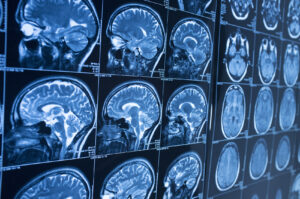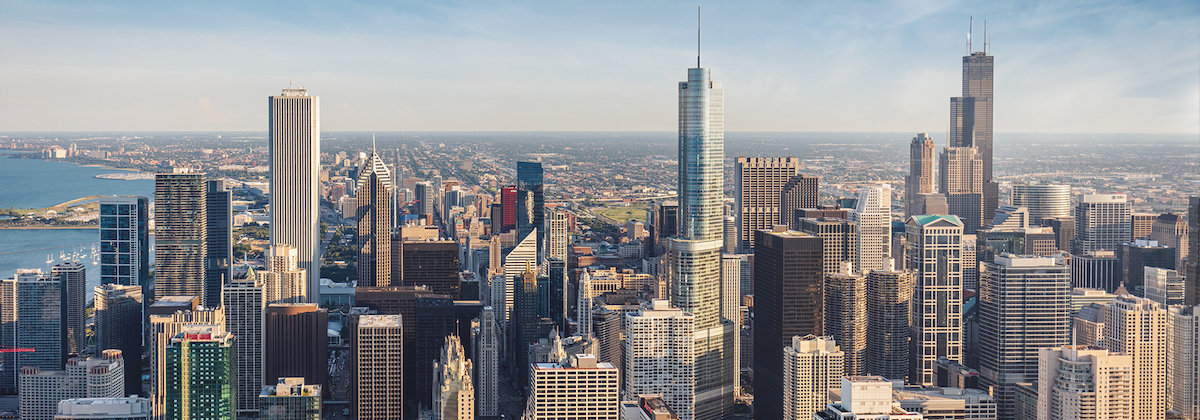
Traumatic brain injuries (TBIs) can take many forms, ranging from fatal to relatively benign. A cerebral contusion, for instance, is a severe TBI that can result in permanent brain damage that can disable you, put you into a coma, or even kill you.
On the opposite end, concussions are seen as mild forms of TBIs, primarily because they rarely kill those that suffer from them. Be that as it may, concussion injuries can still cause significant pain, anguish, and disabilities for several weeks or months.
What Are the Structures and Functions of Your Brain?

The brain controls the body’s central nervous system, gathers and analyzes sensory information, and controls your body’s muscles and organs in response to your environment. It is also responsible for cognition, which pertains to every thought or action you have ever had or taken.
Given the undeniable importance of your brain, your body works to protect it in many ways. The skull, for instance, acts as a helmet for your brain by protecting it from impacts.
In addition, thick membranes, called meninges, surround your brain, sealing it off from the rest of your body. Valves in the meninges further protect the brain (and spinal cord) from infections by bacteria and viruses by limiting what can reach them.
The meninges contain a material called cerebrospinal fluid (CSF), which has a viscosity slightly thicker than water. As a result, it cushions the brain by resisting its movement inside the skull.
What Can Cause a Concussion Injury?
A concussion injury occurs when the movement of the brain through the CSF creates a pressure wave, which pushes back on the brain and damages its cells. The damaged brain tissue becomes inflamed, which then swells and increases in temperature. These changes in the brain cause a range of symptoms that depend on the specific areas affected.
Generally, concussions are the result of the following three forms of trauma:
Head Trauma
A concussion injury can result when the CSF squeezes the brain as it attempts to stop it from slamming into the skull after a sudden jolt to your brain causes it to shift toward the impact site. These concussion injuries can happen when you bump your head or land after a fall.
For example, you can suffer a concussion in a slip and fall accident or pedestrian accident as your head hits the ground.
Rapid Acceleration and Deceleration
Contrary to popular belief, you can still suffer from a concussion and its symptoms even if you do not hit your head.
Instances of rapid acceleration or deceleration can force your brain to be moved back and forth inside your skull. The CSF will press on the brain to slow its motion, creating multiple pressure waves. The resulting damage to the brain cells can produce concussion symptoms.
The most common cause of these types of injuries is a car accident. Your body whips back and forth after a collision, causing your brain to suddenly be thrown around inside your skull.
Explosions
Explosions produce injuries like open wounds and bone fractures. However, they also create blast waves, which can pressurize the CSF and cause it to squeeze the brain, damaging its cells.
These accidents commonly happen on job sites; in particular, occupations that can get exposed to explosions that produce concussion injuries include the following:
- Military
- Mining
- Demolition
- Oil and gas extraction
What Are the Possible Symptoms of a Concussion?
The symptoms you experience from a concussion injury can include any of the following:
- Headache
- Dizziness and vomiting
- Loss of balance and muscle coordination
- Loss of consciousness
- Confusion
- Memory loss
Following the initial incident that caused the concussion, your symptoms might change as your brain continues to swell. In fact, some symptoms may appear, disappear, improve, or worsen for several days after your accident.
Concussion Severity Rating
The severity of your symptoms will depend on the severity of your concussion. Doctors often use the Glasgow Coma Scale (GCS) to rate brain injuries such as concussions.
The scale evaluates three responses to determine the severity of your concussion:
Eye-Opening Response
If you lost consciousness during your accident, no matter how briefly, you have a severe concussion. If you were able to open your eyes in response to touch or sound after the initial moment, you have a moderate concussion. If you opened your eyes immediately after your injury, you have a mild concussion.
Motor Response
The motor response measures your ability to move after a brain injury. You have a severe concussion if you cannot flex or relax your muscles after your injury, a moderate concussion when you cannot flex your muscles but can relax them, and a mild concussion if you can move normally.
Verbal Response
The doctor or EMT on-scene will ask you several questions and use your answers to rate your verbal response. If you cannot form words, you have a severe concussion. If your answer is fairly incoherent, you have a moderate concussion. If you can answer, even if that answer is incorrect, you have a mild concussion.
What Is Post-Concussion Syndrome?
Accident victims can sometimes develop post-concussion syndrome (PCS), which occurs when concussion symptoms last longer than two months.
Patients with PCS can also develop other long-term symptoms not typically found in concussion patients, such as:
- Depression
- Anxiety
- Emotional outbursts
- Paranoia
- Chronic pain
- Chronic fatigue
- Sleep disorders
The symptoms of PCS significantly overlap with the symptoms of post-traumatic stress disorder (PTSD). Some studies even suggest that patients are more likely to develop PCS if they also experience PTSD.
How Can You Get Compensation for a Concussion Injury?
You can pursue a personal injury claim against an at-fault party that caused your concussion. To recover compensation, you must show that the other party’s negligent actions directly caused your concussion.
For example, suppose that you suffered a concussion during a car accident. If the other driver ran a red light and T-boned your vehicle, you can pursue a claim against the driver and their auto insurer for compensation, which will cover your economic and non-economic losses.
Economic losses encompass the financial costs of your injury. Examples of these losses include medical bills and lost wages. Non-economic losses cover the human costs of your injury, such as physical pain, mental suffering, disability, and other losses that erode your quality of life. To discuss your concussion injury and the compensation you can seek for it, contact Attorneys of Chicago Personal Injury Lawyers at (872) 324-4375 for a free consultation.
